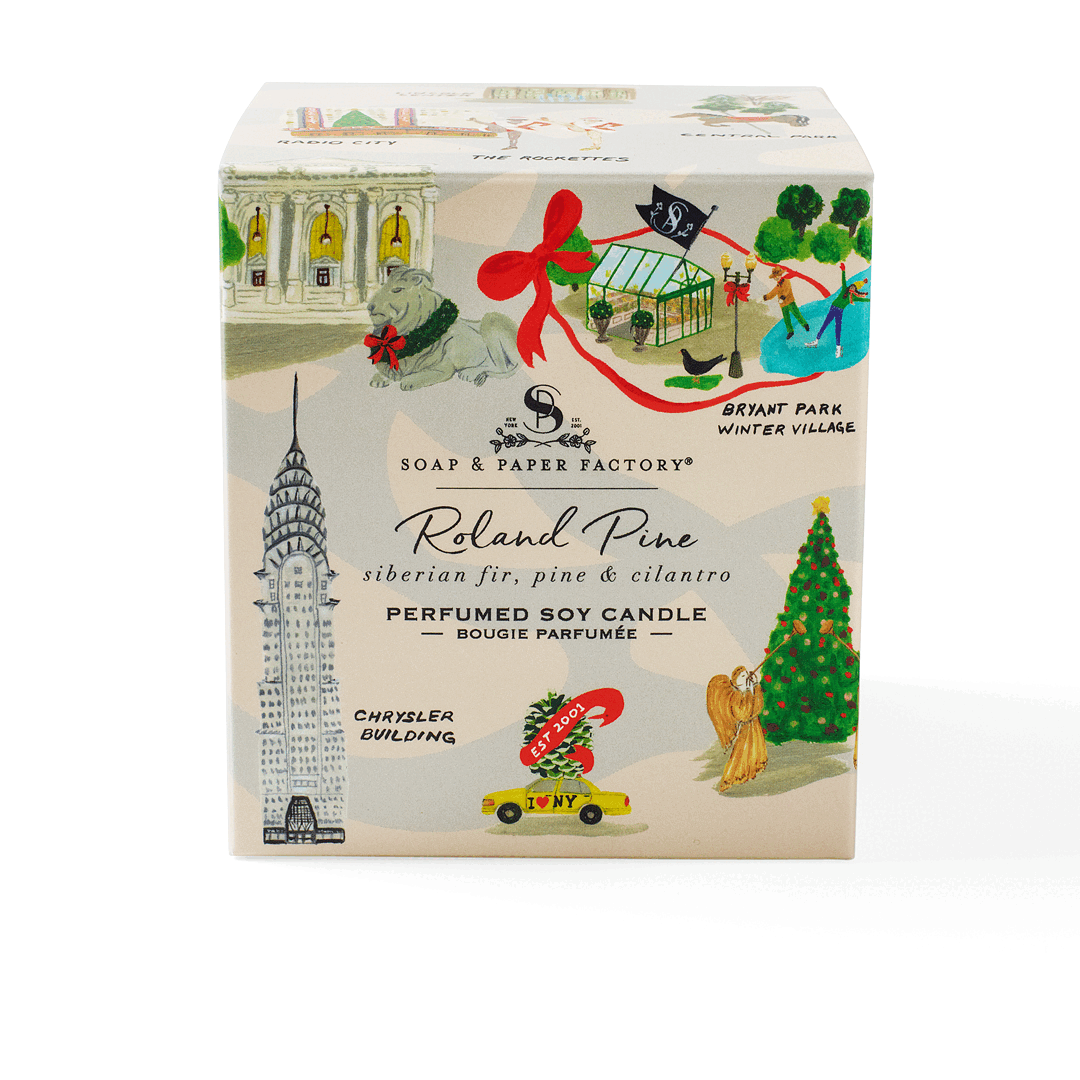Vegan Products Not Tested on Animals
At a time when ethical and sustainable practices are at the forefront of consumer choices, the demand for cruelty-free and vegan products has surged. More than just a trend, this shift represents a conscious effort by consumers to make choices that align with their values of compassion, sustainability, and social responsibility. There are several reasons why consumers should consider using vegan products that are not tested on animals:
Perhaps the most compelling reason to choose vegan/cruelty-free products is the ethical standpoint. Animal testing involves subjecting living beings to experiments that can cause pain, suffering, and even death. By opting for products that proudly display cruelty-free and vegan labels, consumers actively contribute to a movement that seeks to eliminate the unnecessary harm inflicted on innocent creatures. Choosing compassion over cruelty reflects a commitment to creating a world where animals are not exploited for the sake of human convenience.
Vegan products are often formulated with plant-based ingredients, excluding animal-derived components that may have adverse effects on personal health. Moreover, companies that commit to cruelty-free testing practices tend to prioritize the use of safer and more humane testing alternatives, such as in vitro methods and computer modeling. This ensures that the products not only align with ethical standards but also contribute to a healthier lifestyle for consumers.
The production and testing of traditional products often involve extensive use of resources and contribute to environmental degradation. By choosing cruelty-free products, consumers indirectly support a more sustainable and eco-friendly industry. Vegan products typically have a lower carbon footprint, as they often involve fewer resources and energy in their production, making them a choice that resonates with those who are mindful of their environmental impact.
The commitment to cruelty-free and vegan principles often goes hand in hand with a dedication to innovation and product quality. Companies that embrace these values tend to invest in research and development to find alternative, cruelty-free testing methods and high-quality plant-based ingredients. This commitment results in products that are not only aligned with ethical principles but also offer consumers effective, innovative, and luxurious options.
Brands that prioritize vegan and cruelty-free practices are more likely to be transparent about their sourcing, manufacturing processes, and ingredient lists. This transparency fosters a sense of trust between consumers and brands, as individuals can make informed decisions about the products they choose to incorporate into their lifestyles. This accountability holds companies to higher standards, encouraging a shift toward more responsible and conscientious business practices.
By choosing cruelty-free, vegan products, consumers actively participate in and support a growing movement that advocates for change in the beauty and consumer goods industry. The more individuals choose compassion over cruelty, the greater the impact on encouraging companies to adopt cruelty-free practices and invest in sustainable, plant-based alternatives. This collective effort is a testament to the power of consumer choices in shaping industries and promoting positive change.
Buying products not tested on animals is more than just a personal choice; it's a statement of values. It's a stand against unnecessary harm to animals, a commitment to personal health, an endorsement of sustainability, and a contribution to a growing movement for ethical consumerism. As consumers become increasingly conscientious about their choices, embracing cruelty-free and vegan products becomes a powerful way to make a positive impact on the world.


